| But, of course, the less I spoke, the more time I had to write. In 1995, when my third book, The Other side of the Deception, another work of non-fiction, was published, the efforts against me were stepped up.
So, on Oct. 21, 1995, I was surprised to be invited by Canadian Television (CTV) producer Ron Fine to do a guest appearance on “Canada AM,” the widely viewed Canadian version of “Good Morning America.” Scheduled to appear on the same program, via satellite from Israel, was Israeli journalist Yosef Lapid, the former head of Israeli television. …On cue, Lapid repeated, as I listened, his call for my assassination on the Canadian television show, but this time with a twist. He said that, since Israel’s Mossad could not kill me in Canada without causing a diplomatic incident, “I hope that there would be a decent Jew in Canada who would do the job for us.” …A radio host named Tim Kern, from a station in Denver, Colorado, called me up for an interview. Several days later he sent a file on me he had received from the “Mountain state regional office of the Anti-Defamation League of B’nai Brith.” The ADL communication suggested that the station drop the interview, claiming that I am an unreliable subject.* The sequence was repeated over and over at radio and television stations in the United States in the United States and Canada. Ironically, supposedly separate Jewish organizations around the United States kept coming up with the same wording in their efforts to shut me up. The same people who presumably would praise someone from the CIA or the U.S armed forces who exposed serious wrong-doing in those institutions were now hard of work to smother my criticisms of an intelligence agency for a foreign country that, to put it a charitably as possible does not have America’s best interest at heart. …In an attempt to break the vicious cycle, I decided to sue in an Canadian Yosef Lapid for inciting my murder and “Canada AM” for airing his incitement to the public. I assumed that bringing this issue to public attention would expose the attempts of organizations in both the U.S. and Canada that in fact are agents of Israel to suppress the truth through intimidation and, if necessary, economic or physical terrorism. After accepting a hefty retainer and completing the preparation for trial, my lawyer, Paul B. Kane of Perley-Robertson, Panet, Hill and McDougall in Ottawa, Canada, informed me that he could not continue with the case. His explanation was that the safety of his staff would clearly be jeopardized if he proceeded. Then HarperCollins, my publisher, informed me it was keeping the last portion of my advance, some $46,000, against advertising. I pointed out that since this was not something that I had never agreed to, they had no right to do it. “Sue us,” was their response. In 1996, a new, New York based agent struck a light at the end of a very long, dark tunnel. Regnery Inc., a Washington based publisher, signed a contract with me for a tongue-in-cheek guide to espionage called The Spy Game. They had some suggestions, however, for making the book more serious on the grounds that reader’s don’t regard spying as a laughing matter. As I was in the final stages of the first draft, however, my house burned to the ground. The fire marshal’s report declared it arson. …So I wasted no more time and re-wrote The Spy Game, having kept my notes on Regnery’s suggested revisions with me.
|


